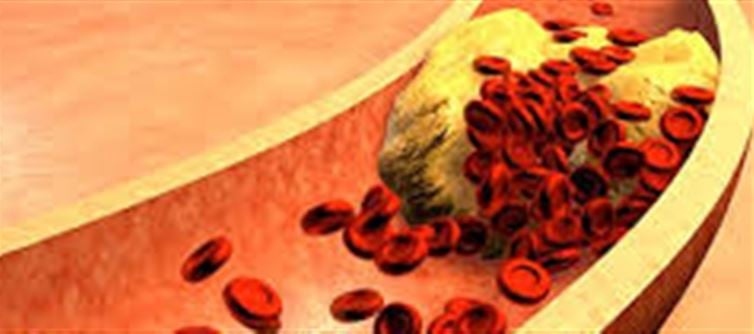
High cholesterol has become a modern-day health concern, affecting millions worldwide. While statins are commonly prescribed to manage cholesterol, they come with potential side effects. The good news? There are natural ways to keep your cholesterol in check without medication. Here’s a comprehensive guide.
1. Understanding Statins and Their Side Effects
Statins are drugs designed to lower “bad” LDL cholesterol and reduce the risk of heart disease. However, they can sometimes cause side effects such as muscle pain, fatigue, digestive issues, and in rare cases, liver damage. Some people may also experience memory problems or increased blood sugar levels. It’s important to discuss any concerns with your doctor before starting statins.
2. Embrace a Heart-Healthy Diet
Your plate is your first line of defense. Focus on foods rich in soluble fiber, like oats, beans, lentils, and fruits. These help reduce LDL cholesterol naturally. Avoid trans fats found in fried and processed foods, which can spike cholesterol levels.
3. Add Healthy fats, Not All fats Are Bad
Incorporate sources of healthy fats such as olive oil, avocado, and nuts. These fats help improve “good” HDL cholesterol and protect your heart. Balance is key—too much of even healthy fats can affect your weight and cholesterol.
4. Move Your Body Regularly
Exercise is a natural cholesterol fighter. Aim for at least 150 minutes of moderate-intensity exercise weekly, like brisk walking, cycling, or swimming. Regular physical activity boosts HDL cholesterol while lowering LDL cholesterol and triglycerides.
5. Maintain a Healthy Weight
Excess weight, especially around the waist, contributes to high cholesterol. Losing even a small amount of weight can improve your cholesterol profile and reduce the risk of heart disease.
6. Quit Smoking
Smoking lowers “good” HDL cholesterol and damages blood vessels, increasing the risk of plaque build-up. Quitting smoking can improve cholesterol levels and overall heart health.
7. Limit Alcohol Consumption
Moderation is essential. Excessive alcohol intake can raise triglycerides and blood pressure. Stick to recommended limits: up to one drink per day for women and two for men.
8. Consider Natural Supplements
Some supplements, such as omega-3 fatty acids, psyllium husk, or plant sterols, can help manage cholesterol. Always consult your doctor before starting any supplements to avoid interactions.
By combining lifestyle changes with healthy habits, you can naturally manage cholesterol, potentially reducing the need for medication and minimizing side effects. Small, consistent steps can lead to long-term heart health.
Disclaimer:
The views and opinions expressed in this article are those of the author and do not necessarily reflect the official policy or position of any agency, organization, employer, or company. All information provided is for general informational purposes only. While every effort has been made to ensure accuracy, we make no representations or warranties of any kind, express or implied, about the completeness, reliability, or suitability of the information contained herein. Readers are advised to verify facts and seek professional advice where necessary. Any reliance placed on such information is strictly at the reader’s own risk.




 click and follow Indiaherald WhatsApp channel
click and follow Indiaherald WhatsApp channel